News and Resources
Today’s society places ever increasing demands on our time. With the pressures of juggling a career, domestic tasks, managing the finances, and caring for those we love, it can be difficult to concentrate on our own health. It is often only when our health begins to suffer and our body starts to send out alarm signals forcing us to slow down, that we truly begin to focus on ourselves.
However, by making some time for yourself every day, to eat healthily, exercise and focus on your inner wellbeing, you will ultimately reduce your risk of developing a variety of serious health conditions. Not only will this benefit your health long-term, but by spending time on you, you will be ensuring that you continue to be there for those you love for years to come.
Osteopathic practice aims to support the optimal environment for health in those we treat, by providing health guidance, manual therapy and exercise advice, tailored to the individual needs of those under our care. The following articles, written by osteopaths provide advice, guidance and tips on how by making just a few changes, you too can reap the rewards of a healthier life-style.
Thank to you The Institute of Osteopathy for this content, of which we are members.
Did you know?
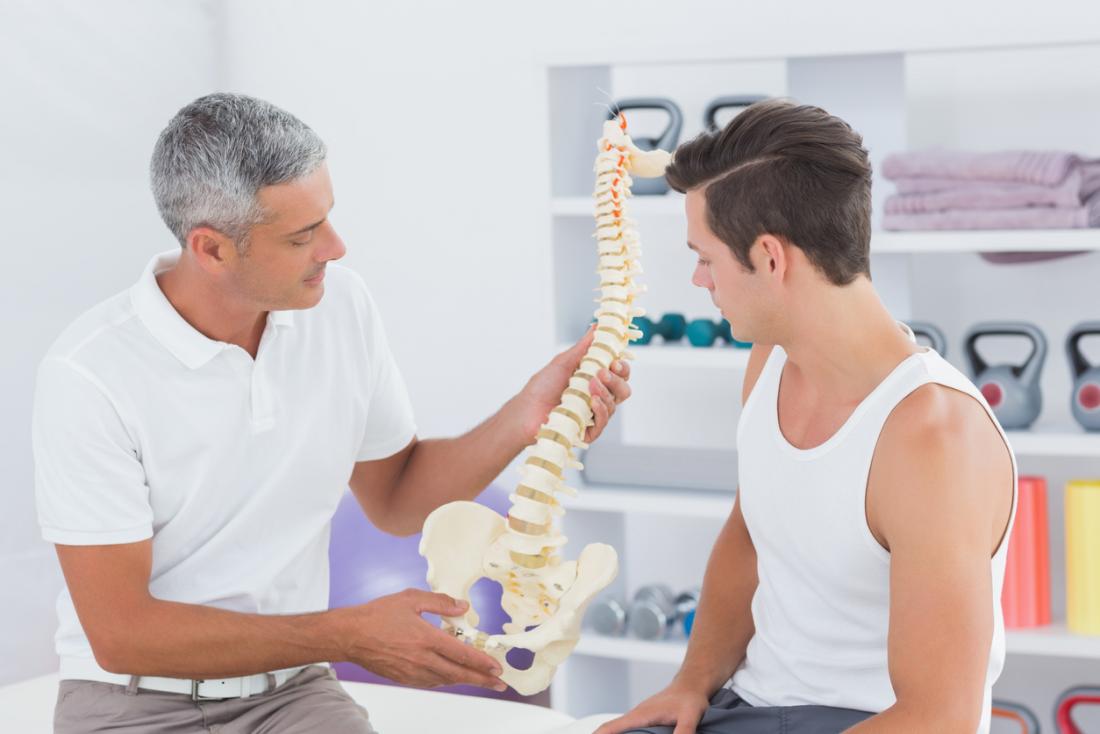
Over 96% of Osteopathic patients expressed confidence in their osteopath's advice and treatment 87% of patients rate their satisfaction with Osteopathic care very good
Read moreOur Osteopaths provide
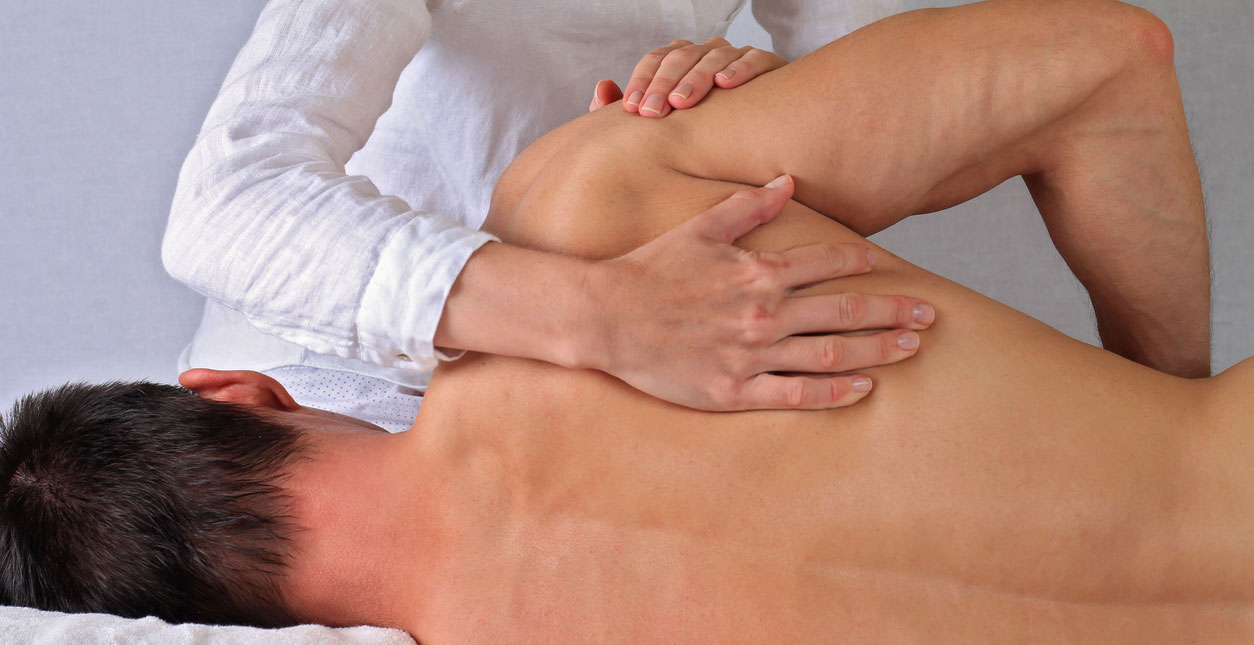
We see our patients as a whole, including the physical, emotional, mental and social aspects
Read moreWorld Osteopathic Healthcare Week 2023
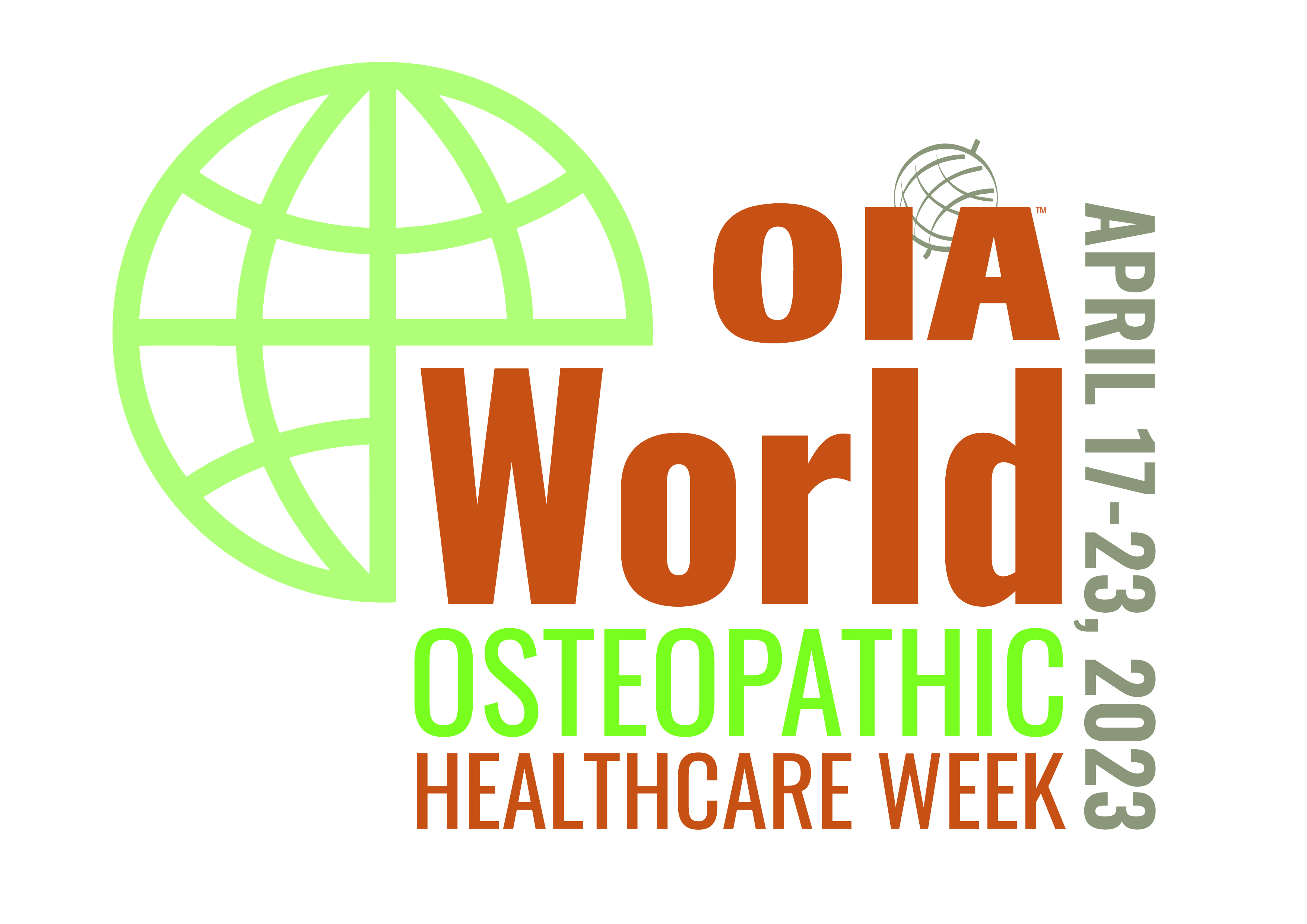
This year's theme shares a light on the importance of helping you and our patients lead better and healthier lives. There are many things that can have a negative effect on the lives we lead - from stress, anxiety and fatigue. Whilst these things are not always avoidable, the support of a healthcare professional can help you get to the root cause of the issue. Your Osteopath is there to provide advice, support and care to help soothe your body and help you make the positive steps to becoming the very best version of yourself.
Read moreDegenerative Cervical Myelopathy
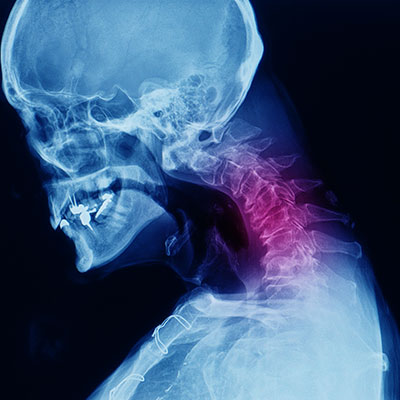
Role of Osteopaths in early diagnosis. The results of a study recently published in the JMIR, has concluded that given that given that Osteopaths are a workforce professionally trained to examine musculoskeletal disease, they have an important role in accelerating timely diagnosis and treatment of Degenerative Cervical Myelopathy (DCM).
Read moreOuch! What to do when you sustain an injury
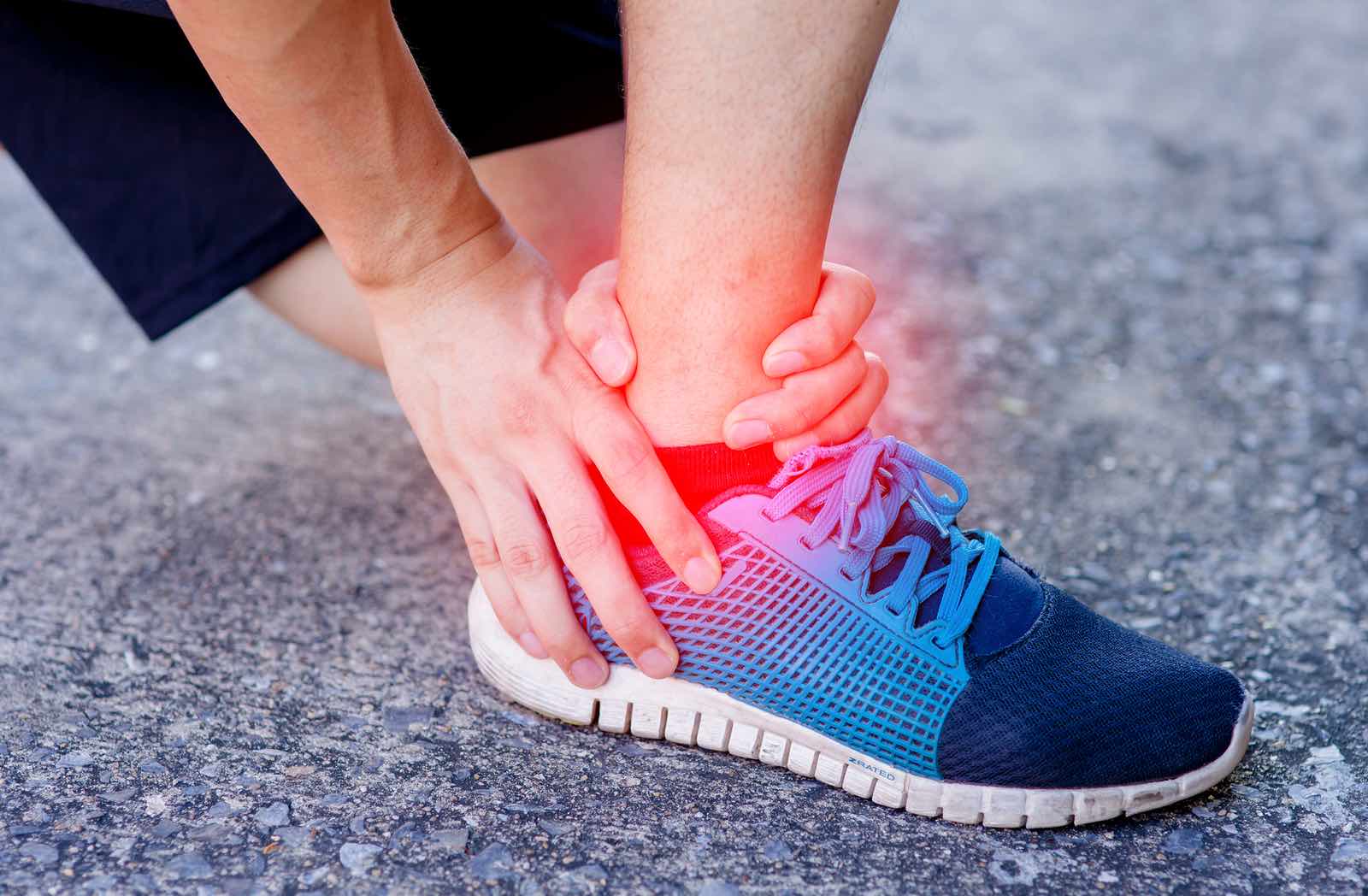
Sprains and strains to muscles and joints happen to all of us and for most they are a painful, but temporary reminder to be a little more careful. Prompt action can help your body to heal faster and may prevent further injury or prolonged pain.
Read moreHow to manage persistent pain
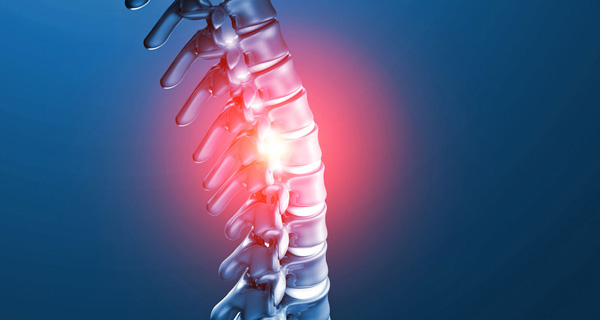
Persistent pain might seem tricky to manage but there are a number of things you can do to help yourself, depending on the type of pain and the other symptoms you are living with. Distraction techniques such as the breathing exercises detailed below, and relaxation and guided imagery detailed on the next page, can help you to manage the pain.
Read moreVisualisation, meditation and mindfulness
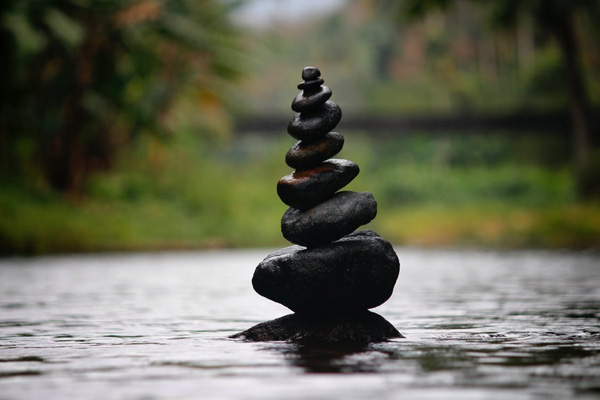
The way that you think and feel about your symptoms can affect the amount of pain you experience. Distracting yourself from these feelings can help to reduce tension, worry and pain. Visualising a pleasant image or experience can help you to do this.
Read moreYour health at work

Are you fit for work? Musculoskeletal conditions (problems with the muscles, bones, joints and associated tissues) are a major contributing factor to work place absenteeism. The Office for National Statistics reports that 30.8 million working days are lost each year due to musculoskeletal issues, such as back, neck and upper limb pain, in the UK alone.
Read moreSit less for health

Although being active is good for us, there is increasing evidence that sitting down for prolonged periods of time can have negative effects on our health, independent of how much exercise we do.
Many adults in the UK are inactive for 7 hours or more each day, and this tends to increase as we get older to 10 hours or more. This might include watching TV, sitting at a desk, playing computer games or commuting.
Read moreAdvice for working at your desk
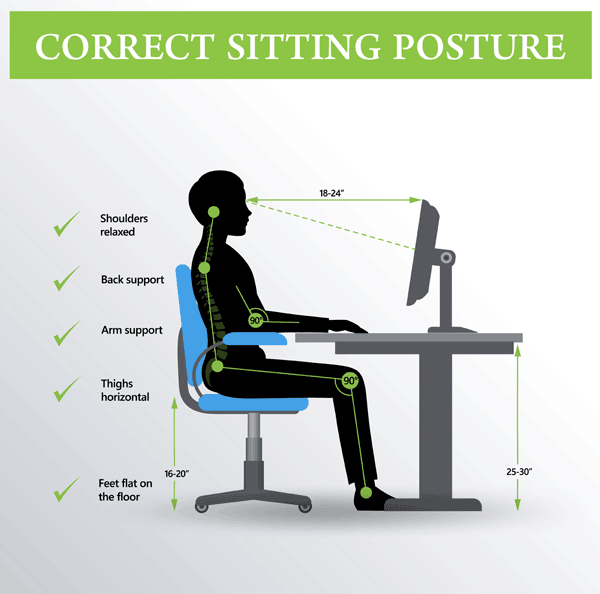
If your work is office or computer based you can spend a significant portion of your day seated at a desk which can lead to host of problems for your health. But with a few changes and addition of good habits, you can keep productive at work and keep healthy.
It is really important when working at your desk that you are mindful of your posture and your equipment is correctly set-up.
Read moreAdvice for physical work
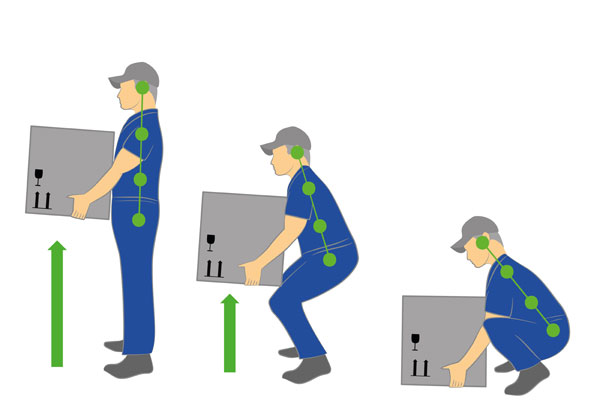
If your work involves lifting or more physical activities you need to be careful that you are not putting yourself at risk of injury or long-term health problems.
One of the biggest causes of back injury at work is due to lifting incorrectly. Additionally, continuous repetitive activities, or staying in the same position for extended periods of time, can also lead to pain and discomfort. Being aware of how to move correctly when at work can keep you healthy for longer and keep you safe from injury.
Read moreHealthy Ageing
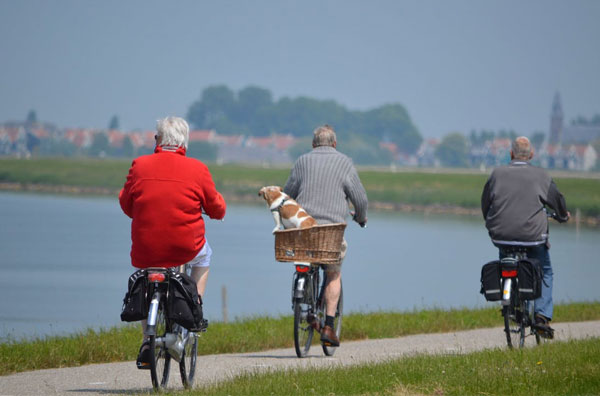
Everybody gets grey hair and wrinkles as we get older. In the same way, it is normal for our muscles, bones, joints and associated tissues to change as we age. Ageing does not necessarily mean that we will experience increased pain or stiffness. However, if this does become a problem, people often find that treatment and advice from an osteopath can complement GP care and pharmaceutical products. If you do begin to notice problems, your osteopath can work with you to keep you healthier, allowing you to enjoy the pleasures of life into your older years.
Read moreGet Active
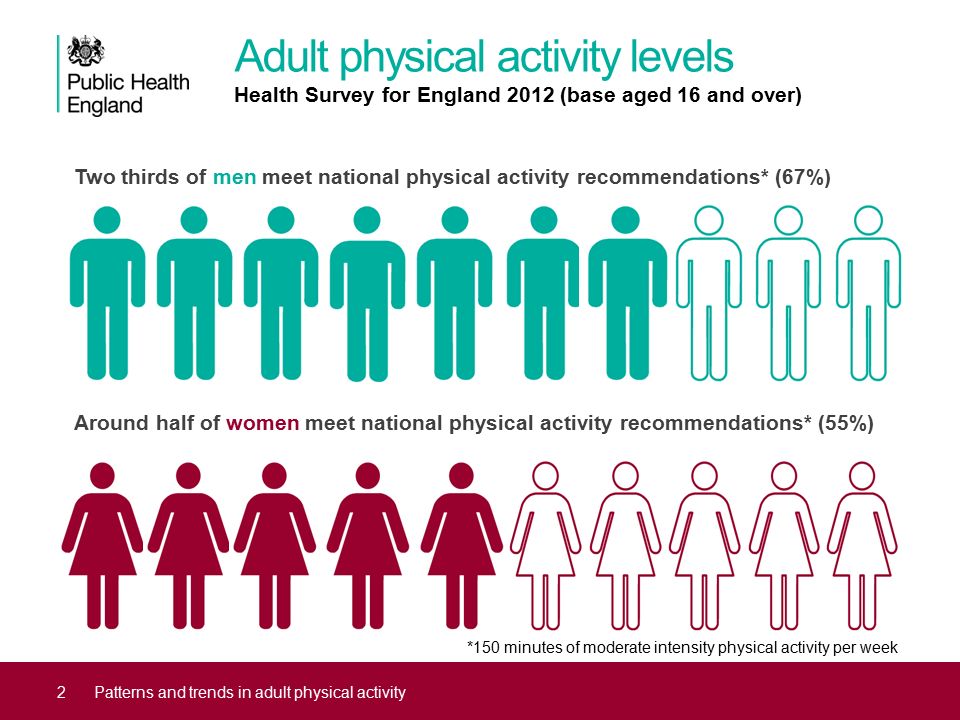
We all know that getting active is good for our bodies, our minds and has many benefits. It can improve your mood, give you more energy, and significantly reduces your chances of serious health conditions such as dementia and certain forms of cancer.
Read moreThe benefits of keeping active

The overwhelming consensus is that we should all be physically active and that exercise is essential if you want to live a long and healthy life. Want to know how good being active can be for your health then read on…
Read moreHow much physical activity should I do?

We all know we should stay active, but how much is enough and what level of activity is appropriate? The guidelines differ slightly depending on your age, but everyone is advised to do some physical activity every day. This should include aerobic and strengthening exercises (see below).
Read moreGet active – Getting started

It is important to build up slowly and allow your body time to get used to the new activity levels. Pushing things too hard or too fast will tend to result in discomfort which will demoralise you and make it more difficult to persist.
Read moreBack pain and children

Like adults, children can suffer from back pain as a result of a variety of lifestyle activities. And like adults, there are number of things that parents and carers can do to prevent issues arising.
Read moreSleep better

A number of factors can affect sleep, and not surprisingly if your are experiencing muscle and joint difficulties, it may affect the quality of your sleep. This sleep disruption can, in turn, make make managing your pain more difficult.
Read moreSleep when working shifts
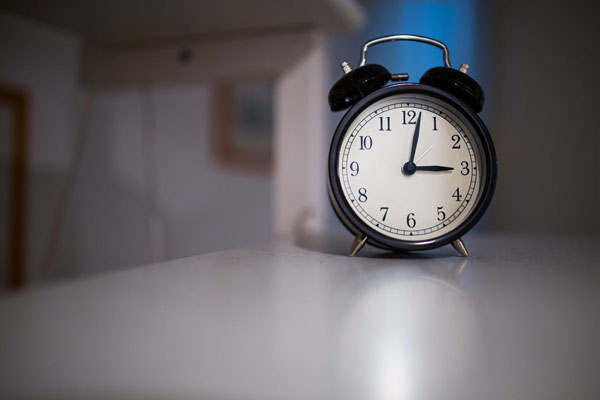
If you are working a changing shift pattern, getting a good sleep routine can be difficult to say the least. We know that working night shifts disrupts our natural body clock, known as your circadian rhythm, which regulates many of our physiological processes. This is affected by environmental cues such as sunlight and temperature, which if you are working a changing and/or night shift pattern, are altered from the the natural rhythm and may affect your health.
Read more